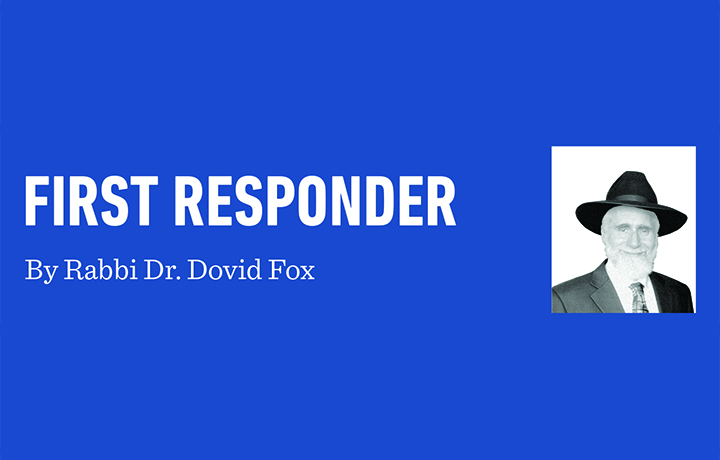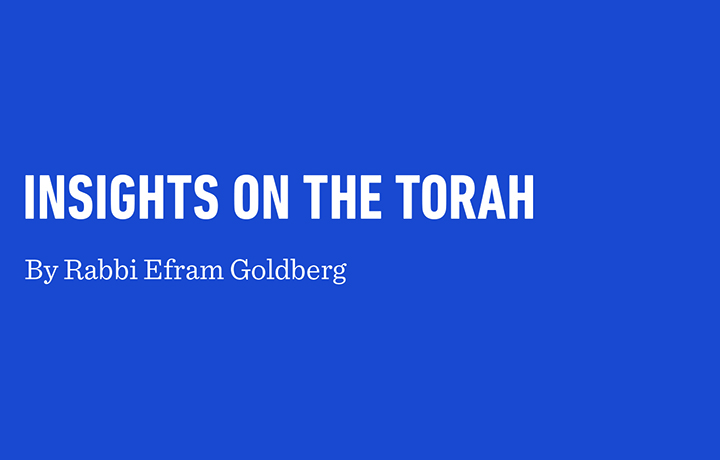Name, Rank, And Serious Numbers
As rav of my minyan, I stand at my shtender during the reading of the Torah on Shabbos. This past Shabbos, something the gabbai said upon calling people to the Torah struck me in a different way than I noticed in years past. Our regular Leviim were away, so the gabbai approached the newcomers and visitors to inquire as to their tribal status, i.e., if they were Kohanim or Leviim. After the first aliyah, for which he called up one of our regular Kohanim, he called out the name of one of our guests in the traditional fashion: “Ya’amod Yaakov ben Yitzchak Halevi Levi.” Now, there was nothing unusual about that. The man’s name was Yaakov. His father was Yitzchak, and his family are Levites. However, the word “Levi” was repeated to designate that he was being called up for the Levite portion, the second aliyah.
I thought about that. The gabbai mentioned that the man was a Levi, so why did he mention that he was being given the Levite aliyah? There was an appearance of redundancy. I sometimes joke that I work for the Department of Redundancy Department. Saying a word twice is often an unnecessary repetition. So why was the man being referred to as: Halevi Levi?
I thought more about it. Yaakov ben Yitzchak was identified as Halevi because that is his identity. He is from a Levite family. That is who he is. Designating him next as Levi clarifies not who he is but what he is. He is a member of a tribe, and members of that tribe are given the second aliyah, and this too is declared.
As I thought more about it, it occurred to me that this duality applies to most of us, if we accept it. A person is whoever he is. He has a name, a reputation, qualities and attributes, faults and conflicts. These are all part of his personal identity. Many of us can go through life without giving much thought to who we are, what our reputation is, how others view us, and what merits or flaws they attribute to us.
Meanwhile, we also have our affiliations: the people we associate with, the values we promote, and what we contribute to the world, our society, and our families. What is our image and is it consistent with how we wish others to perceive us? Do we give much thought to how we come across to other people and do we seek to make a positive impression? Is the impression that we are making consistent with who we truly are—or are we displaying virtues and qualities that are the opposite of our true character? Are we feigning standards that we do not really comply with (thus behaving hypocritically)?
I thought about all these questions. As Jewish people, are we truly mindful about our collective tribal affiliation when out in public, i.e. are we displaying the characteristics that feed negative stereotypes about Jews or are we displaying the proper integrity, honesty, respect, compassion, and consistency that can promote a Kiddush Hashem in society and thus bring honor and respect to the Jewish people?
What about when we are among our fellow Jews? Do we interact with the same high standards of conduct that we might exhibit when out among the secular public, or do we let our guard down and lower our standards, behaving less righteously once we are safely among other Jews?
The healthy key at both psychological and spiritual levels seems to be consistency. If I am, metaphorically, Halevi, I also need to be Levi. If I want to claim the rights of Levi, I need to be a Levi.
As I stopped my musing, I got called up for Shlishi, wondering if I really was a Shlishi. n
Rabbi Dr. Dovid Fox is a forensic and clinical psychologist, and director of Chai Lifeline Crisis Services. To contact Chai Lifeline’s 24-hour crisis helpline, call 855-3-CRISIS or email [email protected]. Learn more at www.chailifeline.org/crisis.














